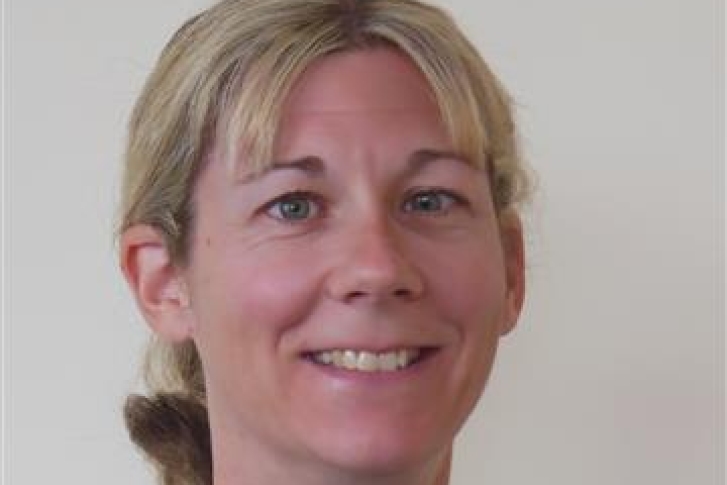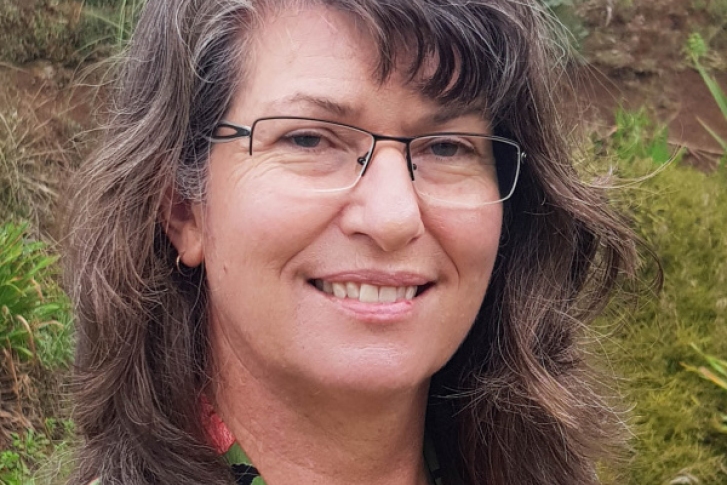The abundance and diversity of life in our rivers, lakes and estuaries is the ultimate indicator of the health and wellbeing of our aquatic ecosystems. NIWA is helping to ensure that New Zealand’s unique and iconic freshwater species are healthy, abundant and thriving.
Many of our freshwater species are unique to New Zealand, but a substantial proportion of these species are under threat. Habitat degradation and loss, water quality degradation, altered flow regimes, barriers to movement, overfishing, and invasive exotic species can reduce populations and even eradicate species. Improved management strategies are vital for halting and reversing these declines.
The effective management and conservation of freshwater species depends on understanding what they need to survive and flourish. What are the crucial factors that determine reproduction, growth and survival in these species? How do our actions impact population processes? The primary aims of the Freshwater Species and Ecology Management Programme are to create the knowledge base and tools needed to ensure healthy, viable populations of native freshwater species.
Programme Leader: Dr Paul Franklin.
Objectives
- Embed evidence-based practice in actions to protect and restore freshwater biodiversity in New Zealand.
- Enhance our ability to predict responses of aquatic ecosystems to management interventions, resulting in more effective adaptive management and improved freshwater ecosystem health.
- Deliver improved management interventions to strengthen opportunities for Māori to protect and enhance populations of freshwater taonga species and undertake traditional cultural practices.
- Ensure actions to protect and restore freshwater biodiversity are future proofed.
Current research projects
- Species distribution modelling (Contact: Richard White)
- Lamprey monitoring tools (Contact: Cindy Baker)
- Fish passage and screening (Contact: Paul Franklin)
- Effective freshwater indicators (Contact: Rick Stoffels)
- eDNA for freshwater management (Contact: Cindy Baker)
- Future-proofing freshwater biodiversity (Contact: Paul Franklin)
Key science collaborators
- Department of Conservation
- Kitson Consulting
- Charles Sturt University
- Australasian Fish Passage Services
- University of Hull
- Auckland Council
- Ministry for the Environment








